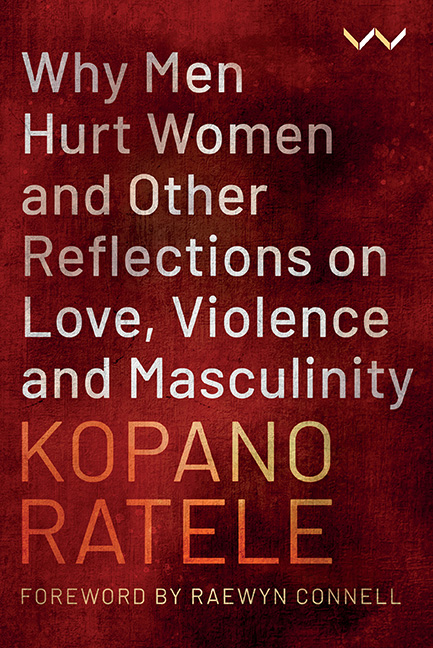13 - Producing and embodying the loving images we want of ourselves
Published online by Cambridge University Press: 24 November 2023
Summary
A while back I saw a video of four Kenyan men, young-looking, addressing themselves to the Western world about the stereotypes of African men in Hollywood movies. The video was posted in 2012. It has now been viewed more than 1.6 million times on YouTube. I am one of those viewers, watching it more than once because it provoked something in me.
The video begins with each of the men declaring, ‘I am an African man’. One stereotype they seek to challenge is of African men as obsessed with violence.
The stereotypical representations of African men are something I know not only from YouTube videos, television, movies, print media, pornography and books, but as a lived experience with which I grew up. The very ways I breathe, walk, have sex, speak, get spoken to, dress, love and am loved have been marked by colonial prejudices about what I am and what I can be. The contents of my mind are still soaked in racist beliefs. It is only through struggle, at once psychological and social, creative and institutional, that we might be able to rid ourselves of such beliefs and free ourselves from prejudice.
The time when I, like all men similar to me, will feel completely secure, free from the blinding white gaze, is still in the future. But it is a future that won’t materialise out of the blue. We have to want it and work for it. And this does not mean we have to stop practising a capacious kind of love – I could even say botho – and freedom in our lives today. While some things around us may not change as swiftly as we would like them to, the possibilities of a life where we feel we deserve unconditional positive regard and of shifts in the wider world are always present.
Years after the formal end of apartheid, I am still making my way toward ‘I’. For, like all men of my shade, I continue to be part of ‘them’ – not yet entirely an individual. I remain unknown and unpredictable to some people when they encounter me.
- Type
- Chapter
- Information
- Publisher: Wits University PressPrint publication year: 2022

